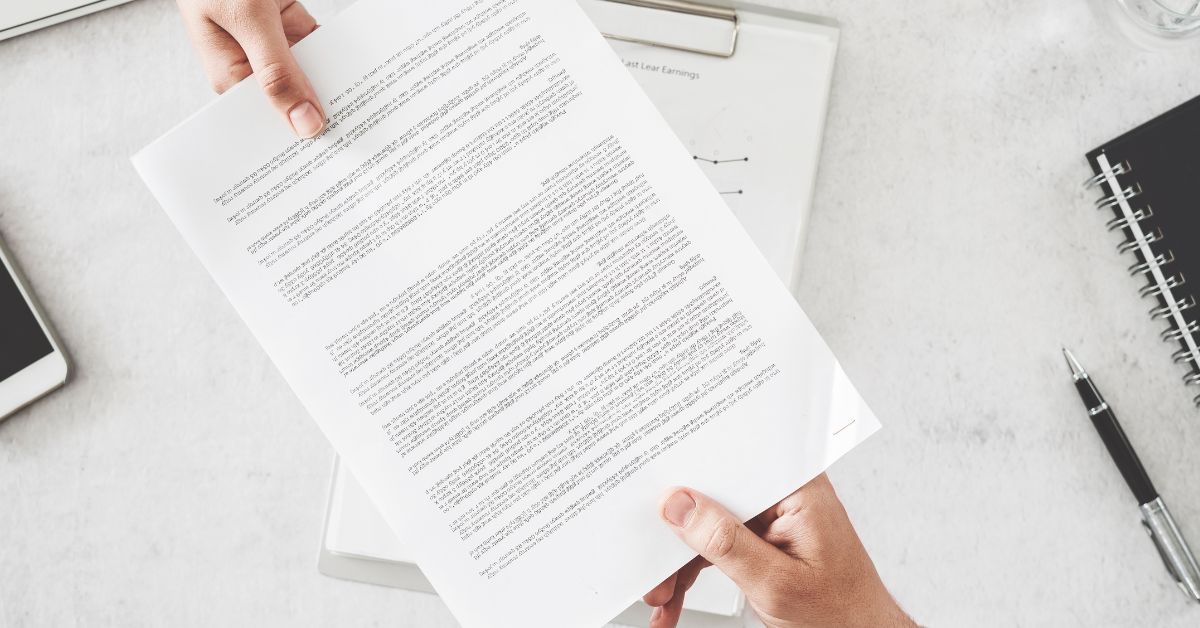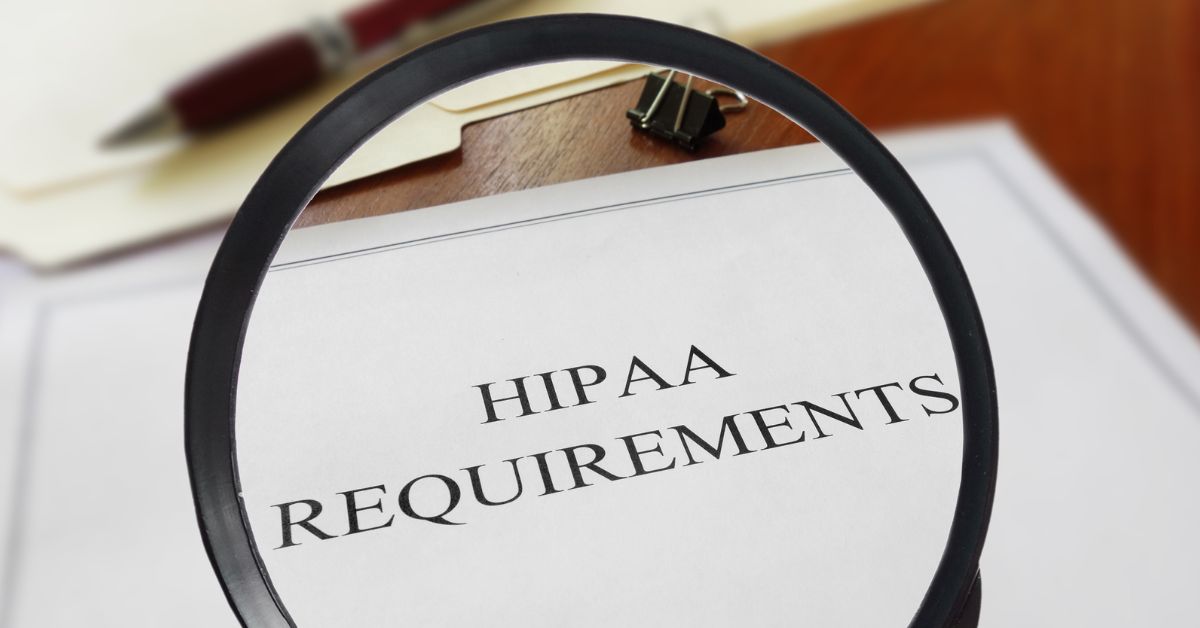So many people in the legal profession know the feeling – the to-do list at work just keeps getting longer. Meanwhile, the demands away from work are also growing exponentially. The kids need to be shuttled around from event to event, your well-meaning volunteer position is now just a source of guilt, and the chores around the house never seem to do themselves.
In these instances, it is easy to become overwhelmed and to let that stress negatively impact all the responsibilities you have on your plate. When you are on the brink of being completely overwhelmed, try one of these sure-fire tips to halt office overload and give yourself tools to manage anything.
#1: Make a list
Lists are actually a very good tool for reducing stress. In fact, according to famed neuroscience professor Daniel Levitin, most people can only keep about four things in their heads without losing all organization. Once you write down your to-dos, however, you have alleviated your brain from the stress of remembering. That frees up mental energy for you to actually start tackling all those tasks that have been piling up on you.
And then, of course, there’s also the innate satisfaction one can get from crossing things off their to-do lists. A relief when it happens and something to look forward to.
#2: Turn to camaraderie
For decades, many legal professionals isolated themselves. Everyone in the firm seemed to be in a race with everyone else (and themselves) to bill the maximum number of hours. It turns out, however, that making yourself into a workplace island may not be a good idea.
To the contrary, some professional organizations are working to actively promote camaraderie in the workplace with outstanding results. They do this through things like holding “weekly lunches, nurturing employee dreams through betterment bonuses, [or] throwing memorable birthday celebrations.” As a consequence of these efforts, some members report strikingly reduced nervousness and anxiety.
Throughout this camaraderie, you may find that you and your coworkers have opportunities to collaborate and share the load, making the work itself easier, too.
#3: Take a break
When you’re in the thick of it, it can seem like stopping for a break is the very last thing you need. As it turns out, however, taking a break can be a highly effective method of stress relief. In fact, it is well known that failure to take steps to reduce stress can lead to all sorts of health problems, from headaches to heart disease.
When you put things in that perspective, how can you afford not to take a break?
#4: Try out ‘no’
Nobody likes saying ‘no’. Sometimes, however, it really is necessary to decline new projects or put off things that others want to add to your to-do list. And while a flat-out refusal won’t always be possible, speaking up to remind your team of the important work you’re already focused on could be good for you and your colleagues.
Consider carefully before using your no, but remember that everyone has a limit, and saying no beforehand is better than missing deadlines and falling behind later on.
#5: Laughter is the best medicine
The Mayo Clinic has another recommendation that may appeal to you more. According to the famed medical institution, studies show that not only does laughter reduce a person’s stress levels, but it has multiple positive impacts on both short- and long-term health. Some of those benefits include increased circulation and muscle relaxation, as well as an improved mood and immune system.
The good news is, there are probably a million ways to fit small bursts of laughter into your day. From watching a quick sitcom to spending five minutes with your funniest friend, this simple practice is sure to reduce your overall feelings of overload.
#6: Sleep it off
The interplay between sleep and stress can seem like a huge catch-22. When you’re feeling stressed, sleep can be hard to come by. As it turns out, however, quality sleep can do wonders for your brain – and in particular on your stress levels.
Some of the ways you can improve your sleep habits include setting (and keeping) a regular schedule for sleep, taking time to mentally wind down before going to bed, and imposing an outright ban on devices like smartphones, tablets, and TVs in the bedroom.
No matter how much is going on at work and in your life, no one is going to dispute that you need your sleep, so don’t short yourself.
#7: Lose the clutter
One thing that happens to many of us when we’re stressed out is that we let our workplaces (and homes) get incredibly messy. How many times have you found yourself with stacks among stacks of papers on your desk and a collection of books you should have returned to the law library weeks ago? It turns out the very existence of all that clutter could actually be causing you more stress.
Once again, it turns out that investing a little time in removing your stress – here by eliminating clutter – could go a long way toward making you more productive.
So, why not pick one (or a few) of your favorite tips from this list and give it a try? It just might make your life feel less overwhelmed.








